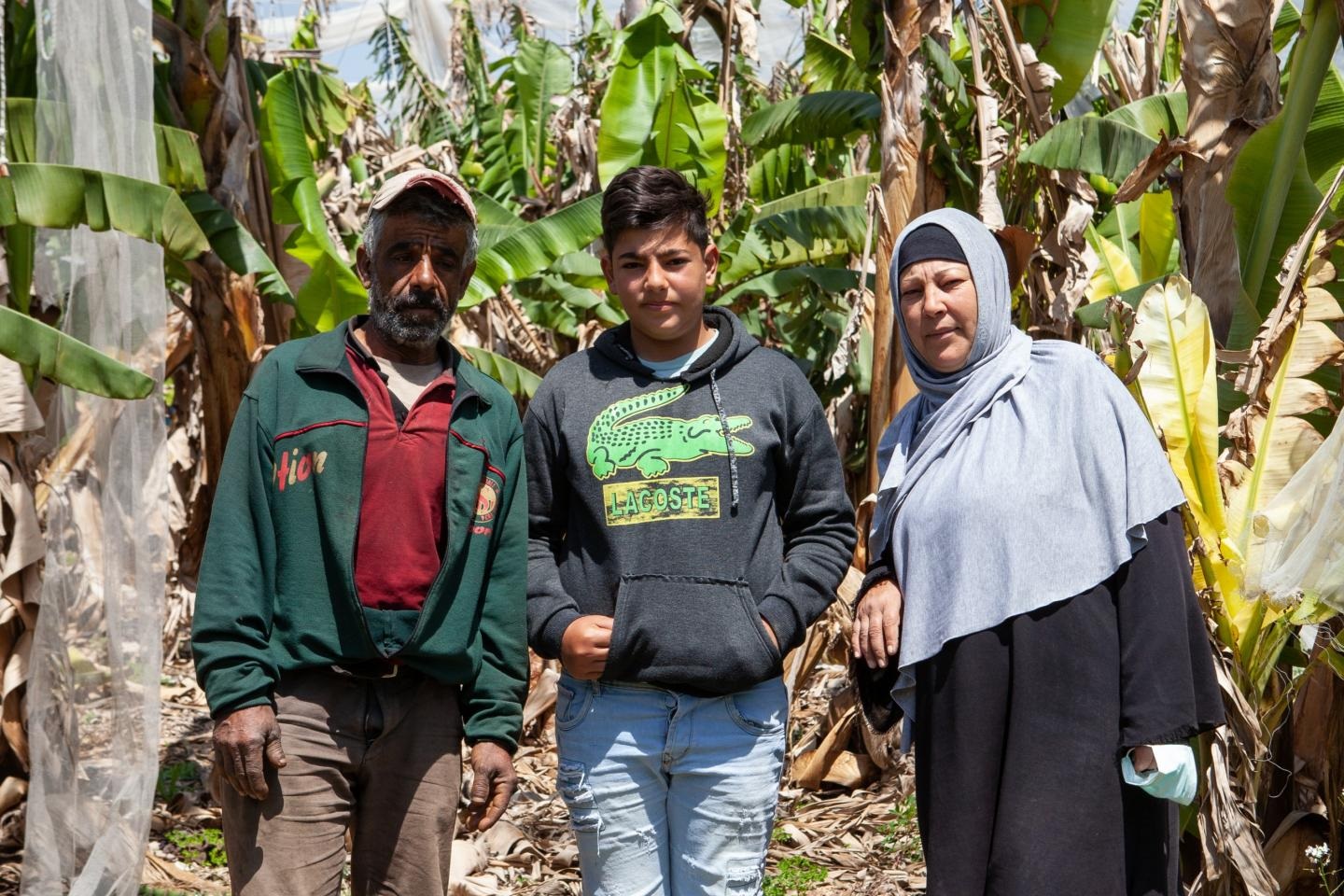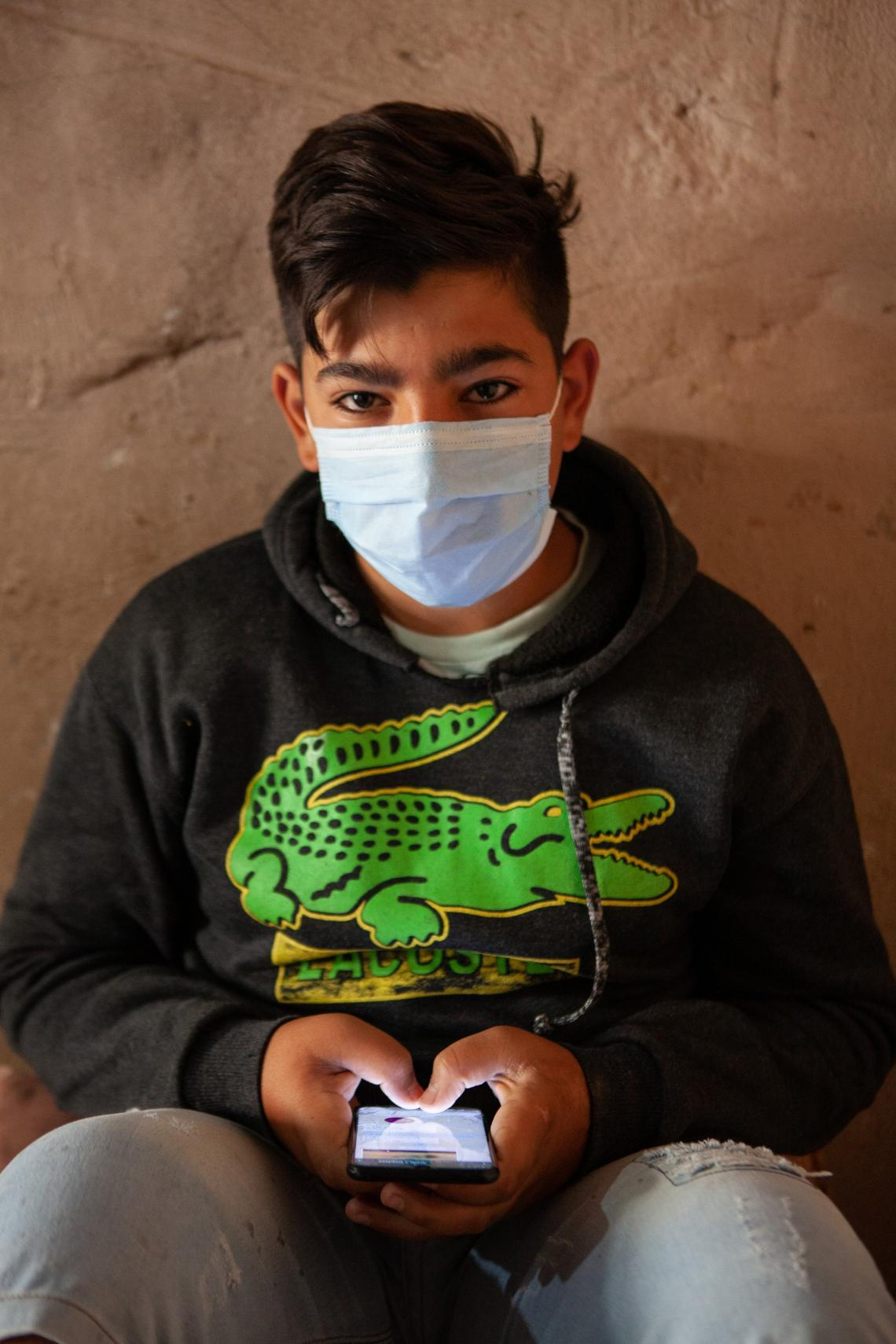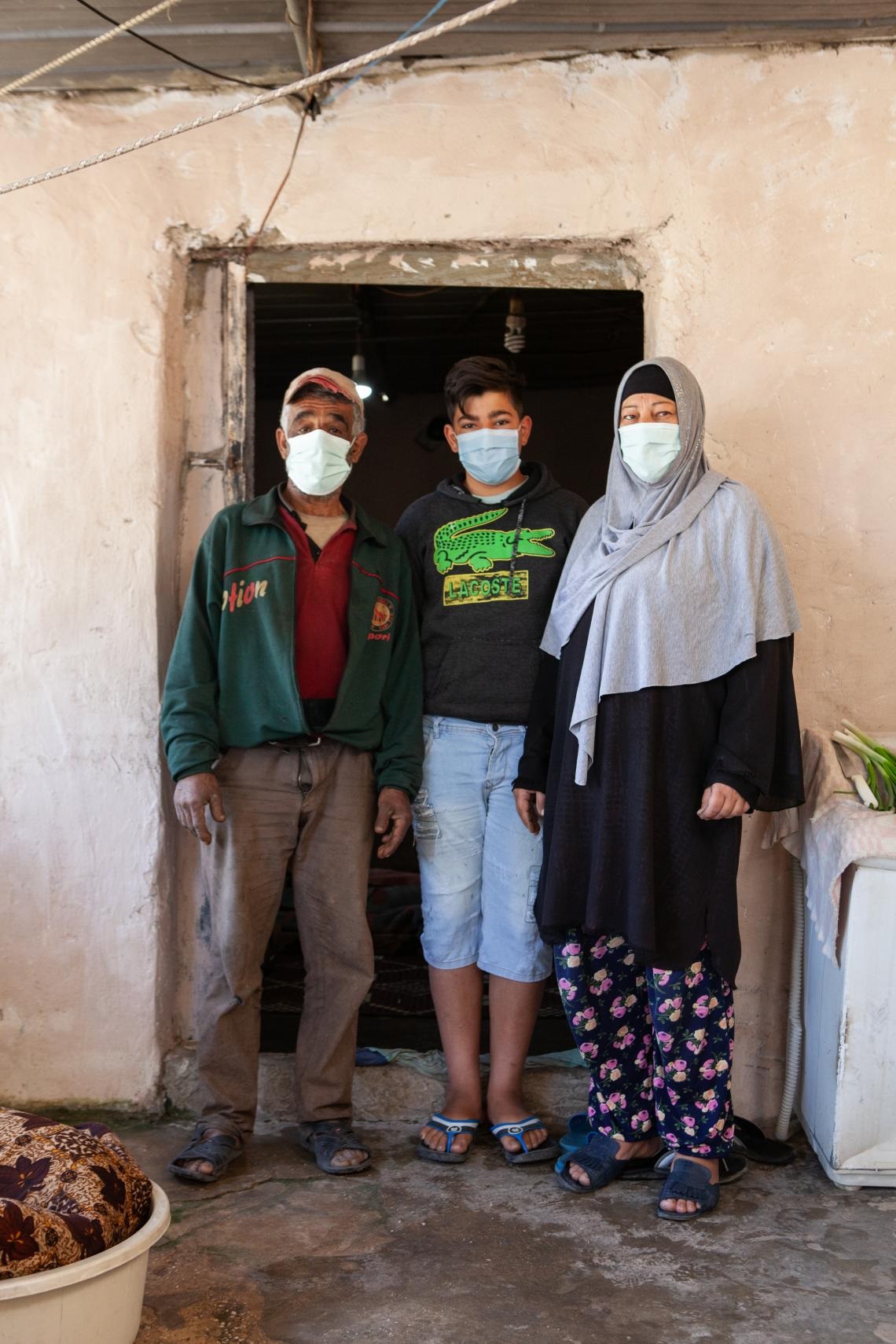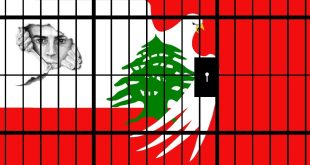“When we have money, we buy what we need. If we don’t have money, we don’t eat”
Fadia, a Lebanese mother of two children who have exchanged time to learn for time to work, shares how life has changed for her children. Lebanon’s increasing cycle of poverty is robbing children of their childhood and their future
UNICEF Lebanon
“When we have money, we buy what we need. If we don’t have money, we don’t eat”, Fadia, mother of two children who have exchanged time to learn for time to work
The New Lebanese
Girls, boys, and families in Lebanon face multiple vulnerabilities due to the COVID-19 pandemic, the tragedy of the Beirut explosions, and the further social and economic deterioration facing the country since late 2019.
For Fadia, a Lebanese mother of two teenage boys, life has never been easy. But, she says, “life has never been as hard as it is today”.
The family live in a small three-room home on the edge of a lush banana plantation in Ismaeie outside the southern Lebanese city of Tyre. Her husband’s hands display the harsh reality of a lifetime of work in agriculture. “He’s always worked”, Fadia smiles, “but now, even when he does find work, the money is never enough”.
At the end of 2019, Lebanon began an accelerated slide into economic chaos. Today, the Lebanese pound is worth only a little over 10% of its previous US dollar value. For a country that relies heavily on imports, this has delivered a devastating blow to millions of its citizens.
“For decades, our lives barely changed at all”, Fadia recalls. “I never dreamt we’d be living a life such as this. Even during the wars and local conflicts we lived through, we were able to feed ourselves. No child ever had to leave school so they could go out to work”.
Everything is different now.
Her sons, fifteen-year-old Hadi and Abdullah – two years his senior – had to drop school hours in order to work and support their family. The country’s compound crises coincided with a dramatic fall in their father’s earnings and a rapid increase in the prices of essential items.
“We’re out working for around five hours a day”, says Hadi. The brothers spend their days picking oranges and other citrus fruits – work considered hazardous for children due to the demands of carrying heavy weights, exposure to chemicals and harsh weather conditions. Children should not be working in such environments.
“When we have money, we buy what we need. If we don’t have money, we don’t eat”, candidly states Fadia. “My biggest worry is not being able to feed my family. I’ve never had this concern before now”.
Until recently, neighbours would help one another out in times of difficulty. That’s the sort of place Ismaeie is. However, in this tight-knit community today, every family feels the pressure of falling earnings and rising prices.
Fifty-one-year-old Huwayda has five children, four of whom are under 18. “They all work on the land”, she says. “It’s seasonal work, and they earn very little from the landowner. Some days, it’s only a little over the equivalent to US$1 for five hours work”.
The money her children earn goes to their mother for food, rent, and other basics. Huwayada has multiple medical conditions, including diabetes. “My medications are beyond my reach now – the cost has trebled”, she says. “And even if I could afford them, most of the time they’re unavailable anyway”.
Today, poverty is increasingly the underlying cause of children being deprived of adequate education and healthcare and increased exposure to violence, child labour, and forced marriage.
Lebanon’s increasing cycle of poverty is robbing children of their childhood and their future, causing lifelong damage.
To support families being pushed into poverty, UNICEF will shortly launch an integrated child grant. To be called “Haddi”, the grant will reach vulnerable children of all nationalities in the coming months.
Through implementing partners Terre des Hommes Lausanne and PWHO (Program Women Humanitarian Organization), UNICEF currently provides case management and focused psychosocial support for these children and positive parenting support for their parents.
************
Email : info@newlebanese.org
Lebanese revolution – ثورة 17 تشرين – اللبنانيون الجدد
 حزب اللبنانيون الجدد الموقع الرسمي
حزب اللبنانيون الجدد الموقع الرسمي





